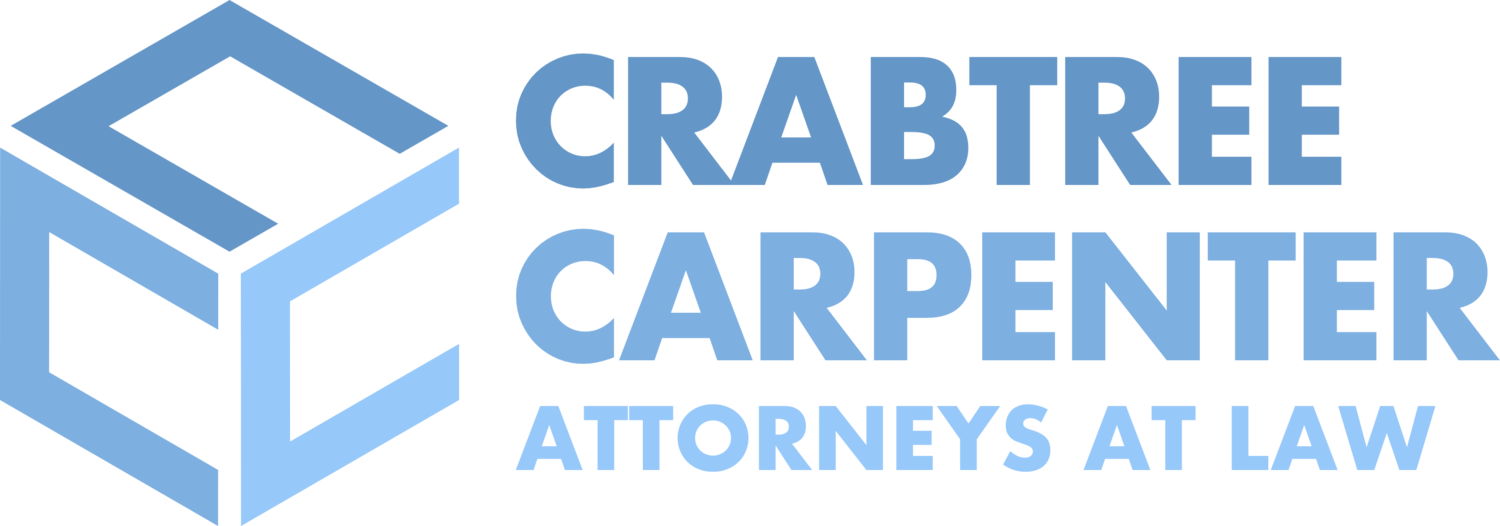For the past 40 years, the grim death toll from crashes on America’s roadways has been on a downward trend. But we hit a major roadblock in 2015 when the number of people lost in crashes jumped 7.2 percent from 2014, the largest percentage increase in 50 years. Preliminary reports for 2016 look even worse. You should know what’s driving this dangerous u-turn in highway safety and how you can better protect yourself and those you care about most.
Cheaper Gas, Better Economy, Distracted Driving Among Contributing Factors
For decades, auto accidents have trended downward. Road fatalities steadily declined from more than 50,000 annually in the early 70s to just over 30,000 in recent years. Credit goes to many advances in safety, including:
- Crashworthy vehicles that better protect those involved in crashes
- New technologies like anti-lock braking, vehicle stability controls and self-driving sensors that prevent crashes in the first place
- Educational programs and tougher laws aimed at seatbelt use, teen drivers and driving while impaired
But starting in 2015, road safety hit the skids when the number of people lost in crashes jumped 7.2 percent from 2014, the largest percentage increase in 50 years. And the news for 2016 may be even worse as the National Highway Traffic Safety Administration (NHTSA) recently projected an 8 percent increase in traffic deaths for the first nine months of 2016 over 2015.
Some safety experts have blamed the increase on more drivers traveling more miles. Longer commutes and more road trips, coupled with cheaper gas and lower unemployment, add up to more drivers on the road. Even those not in vehicles are at a higher risk as car-pedestrian and bike fatalities have risen as well.
But NHTSA’s Administrator Mark Rosekind said he and his colleagues can’t accept that a better economy means more people are going to die on our roads. “We still have to figure out what is underlying those lives lost,” he said. To that end, NHTSA and the National Safety Council joined forces to launch the Road To Zero campaign in October, which aims to end all traffic fatalities in the U.S. in the next 30 years. This campaign provides grants to non-profits that help research and implement innovative highway safety measures.
Car Crash? There’s an App For That













